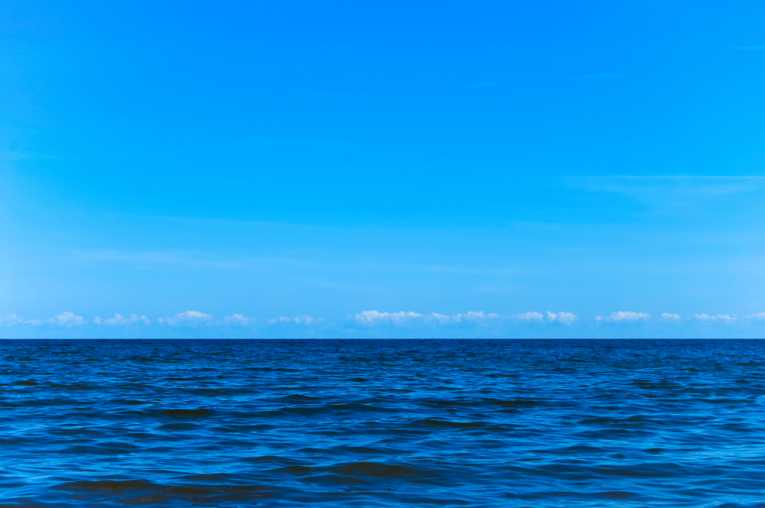World experts from the International Ocean Acidification Reference User Group (RUG) have called for an urgent decision to address the growing problem of ocean acidification. The announcement, along with the IUCN has been made at the UN Framework Convention on Climate Change.
Professor Dan Laffoley is the marine vice chairman of IUCN's World commission on protected areas and is also chair of RUG. He said, "The increasing amounts of carbon dioxide that we emit into the atmosphere every day are changing our oceans, steadily increasing their acidity, and dramatically affecting marine life. This may also have severe impacts on human life in the future. Only by reducing our CO2 emissions and enhancing the protection of oceans to strengthen their ability to recover, can we effectively address this issue. Policy makers in Durban, and in Rio in June next year, need to recognise this and take appropriate actions."
CO2 is cited as the main culprit of climate change and it is also this same gas that is said to be responsible for the increase in ocean acidification. This has been known for some time and efforts to tackle it have been made, however, the latest RUG publication is now calling for a much broader and urgent strategy to tackle the problem and the threats that it causes to marine life. Other issues it tackled were damaging actions such as overfishing and further pollution which contributed to the acidification and damage to the ocean environment.
The ocean absorbs approximately 25% of all the carbon dioxide that we emit each year. This has led to a 30% increase in acidity since the industrial revolution. It is expected that this acidification will continue to rise over the coming years. Increasing acid levels in the oceans have been seen to damage marine organisms and have a particularly negative impact on coral reefs. It can stagnate their growth and strength and leads to a much lower level of health and variety.
It is actually said that if the levels of acidity continue to rise in the ocean then some species could actually be made extinct while others will have to relocate to other areas that they previously had never lived in.
Dr. Carol Turley is from the Plymouth Marine Laboratory and is the Knowledge Exchange Coordinator for the UK Ocean Acidification Research Programme. On the subject of carbon dioxide, she said, "Through its ability to absorb large amounts of CO2, the ocean plays a crucial role in moderating the rate and severity of climate change. But in many ways our ocean is also a victim of its own success, as this capacity jeopardizes its future health, its biodiversity and its ability to continue to provide us with food and sustainable economic development. Ocean acidification requires urgent and effective action now, before it's too late. The obvious action is to reduce CO2 emissions to the atmosphere."










